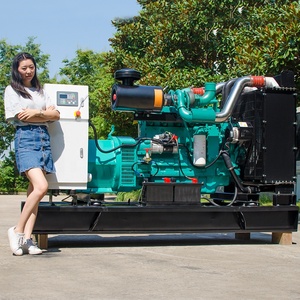Introduction to Diesel CCV
The Function of a Diesel CCV (Crankcase Ventilation) system is crucial for the efficient operation of diesel engines. By mitigating oil vapor emissions and maintaining optimal engine performance, Diesel CCVs contribute to the longevity and reliability of your vehicle. Understanding the role and mechanics of a diesel CCV helps vehicle owners and automotive professionals ensure smooth engine operation and reduced environmental impact.
Types of Diesel CCV Systems
- Positive Crankcase Ventilation (PCV):
- Utilizes engine vacuum to draw gases out of the crankcase.
- Features a valve that opens and closes based on engine load.
- Minimizes hydrocarbon emissions and improves air quality.
- Closed Crankcase Ventilation (CCV):
- Prevents air from entering the crankcase while recycling gases back into the intake manifold.
- Enhances fuel efficiency and engine performance.
- Commonly used in modern diesel engines for emissions compliance.
Function, Feature, and Design of Diesel CCV
- Function:
- Removes harmful crankcase gases to prevent buildup and engine damage.
- Recycles these gases back into the engine for improved combustion.
- Key Features:
- High-quality construction ensures durability under extreme conditions.
- Temperature-resilient materials prevent failure during high engine heat.
- Innovative designs facilitate easy installation and maintenance.
- Overall Design:
- Streamlined and compact, fitting seamlessly within engine compartments.
- Varied designs accommodate different diesel engine configurations.
Applications of Diesel CCV Systems
- Heavy-duty Trucks:
- Central to large fleet operations where engine performance and emission control are crucial.
- Construction Machinery:
- Essential for bulldozers, excavators, and other heavy machinery operating in rugged conditions.
- Marine Engines:
- Used in boats and ships to ensure emissions compliance while maintaining power output.
- Generators:
- Enhances the efficiency of diesel generators in various industrial applications.
Advantages of Diesel CCV Systems
- Environmental Benefits:
- Substantially reduces hydrocarbon emissions, supporting cleaner air initiatives.
- Contributes to compliance with stringent emissions regulations.
- Enhanced Engine Longevity:
- Minimizes the risk of oil contamination and wear on engine components.
- Promotes smoother operation and reduced maintenance costs.
- Improved Fuel Efficiency:
- Optimizes engine air-fuel mixtures resulting in better combustion efficiency.
- Reduces fuel consumption over time, translating to savings for operators.






















